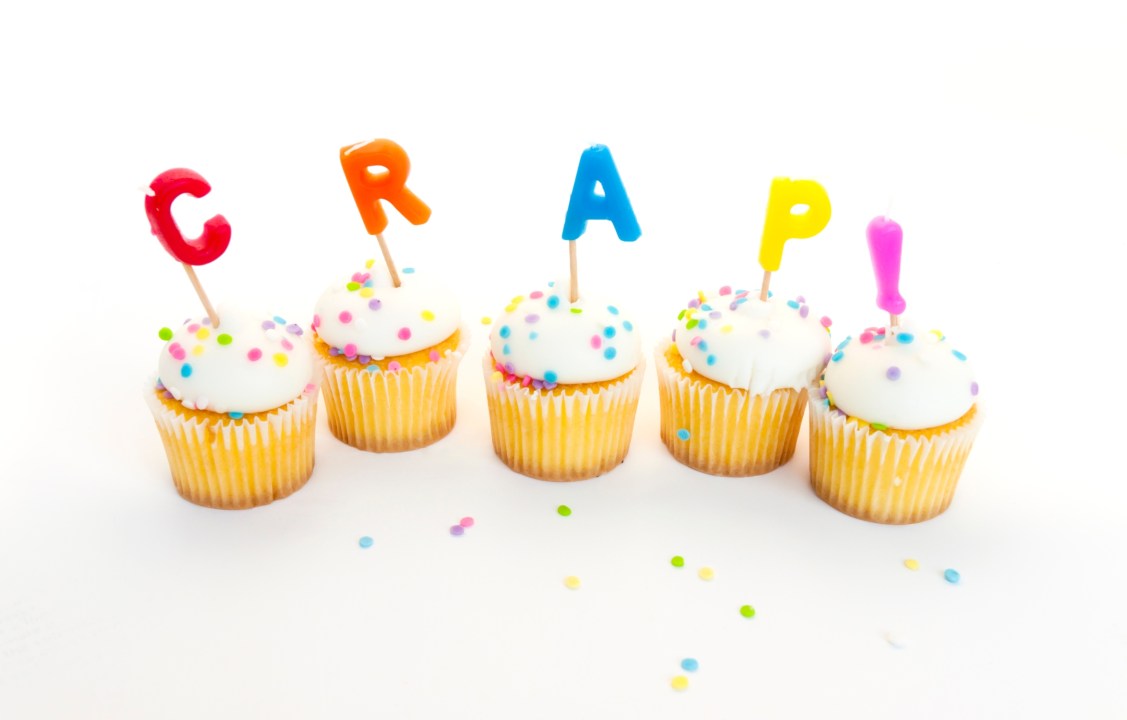The calendar of British summer events often involves a master class in surviving a deluge cheerfully, and recent years have tested that cheer almost to destruction. On Saturday it was the turn of the annual summer fair in Highgate, north London, home to Kate Moss and the grave of Karl Marx. The thin whisper of sun in the morning led many people to trundle hopefully to the square in straw hats and sandals, which proved a strategic error. The rain began as I was eating jerk chicken, watching the Whitethorn Ladies’ Morris Dancing group from Harrow doing their stuff on the central stage. The ladies, many of whom had already sailed proudly past middle age, seemed in no particular hurry, but performed their dances with agreeable conviction, their clogs clacking and streamers flapping damply in the wind. In front of them stood a respectful gaggle of small, shivering children, who occasionally broke into excited mimicry of the moves.
The English metropolitan elite has long delighted in poking fun at morris dancers, citing Sir Thomas Beecham’s dictum that you should try everything once except incest and morris dancing, but the dancers appear indestructible. Last summer my husband was camping in Oxfordshire when a posse of them appeared on top of a hill, twirling, whirling and shaking their bells in the sunlight: he admitted that it was magical. Now — in the wake of the English folk revival — they are sturdily weaving towards the margins of fashion. As I watched the Whitethorn ladies, I felt a warm rush of tenderness for their imperviousness to cheap urban scorn. Soon after, an icy sheet of rainwater descended from an awning and — using my straw hat as a gutter — drenched me to the skin.
One wouldn’t go to my home town of Belfast for the weather, but the last time I visited I was seized by a sudden, impractical desire to live in it again. I felt the tug of those wide, rain-dashed streets, the nearness to mountains and sea, and the intimate melancholy of Northern poets. Philip Larkin once described the Belfast intonation as ‘the salt rebuff of speech’, but for me it is nearer an embrace: it’s the only place in the world where I don’t speak with an accent.
Still, I was glad to be elsewhere earlier this week, when the G8 bandwagon rolled into town, placing a ‘ring of steel’ around the Lough Erne resort in Enniskillen where the world’s leaders were staying, including a six-mile sea exclusion zone, armed Gurkhas and a 30-tonne water cannon. Even Martin McGuinness, the Deputy First Minister, did his bit for calm by telling dissident republicans that if they tried to exploit the G8 ‘for their own interests’, then they would ‘run the very great risk of being confronted by peaceful protestors who want absolutely nothing to do with any violence or conflict on the streets.’ I wondered who these ‘peaceful protestors’ were, raring to face down the dissident fanatics, but perhaps Mr McGuinness had something in his back pocket. David Cameron remarked that ‘the G8 should be inspired by the example of Northern Ireland’, noting that such a congregation of world leaders would have been ‘unthinkable’ only ten or 20 years ago. He’s right: even when chunks of Belfast were regularly reduced to smoking rubble by the present Deputy First Minister’s close colleagues in the IRA, we never witnessed a security operation this big.
The Turkish owner of the café down the road from my home explains the situation in Istanbul thus: ‘For the first seven years Erdogan was OK, dealing with the economy. Then he started to tell everybody what to do. He wants to tell us where and when we can drink alcohol. In the schools, they brought in lessons on the Prophet Mohammed: if I want to study Mohammed, I’ll go to the mosque.’ The Turkish secularists put up with Erdogan when he was pragmatic, it seems, but now his tightening ideological grip is impossible to ignore. The protestors don’t want to overthrow the state — they just want it to back off — but ideologues have a poor grasp of scale. Erdogan, by reacting to a protest as if it were a revolution, appears to be propelling his reluctant country towards precisely that.
It’s not often I blow my own trumpet on culinary matters, but reports on declining sales of the cupcake in the US have filled me with content. I was among the first to savage the cupcake invasion of Britain, back in 2009, calling it ‘a mound of greasy sponge sagging under a grossly overweight hat of buttercream frosting’. Since then, comrades have joined the battle online, such as the Slate journalist who weighed the ‘gross’ frosting, and the Jezebel writer who penned a piece entitled ‘Fuck cupcakes’. Different voices, different countries, but our day will come, and we will join hands and celebrate with thick, honest slices of banana loaf.








Comments